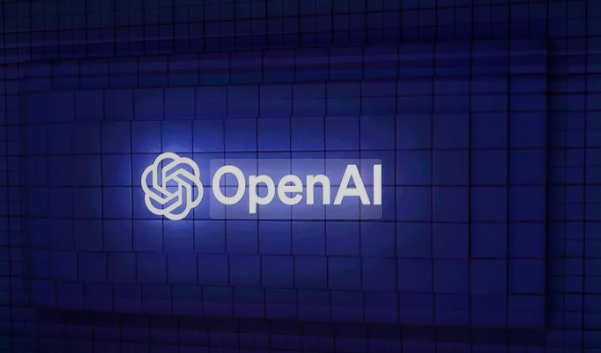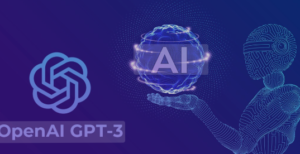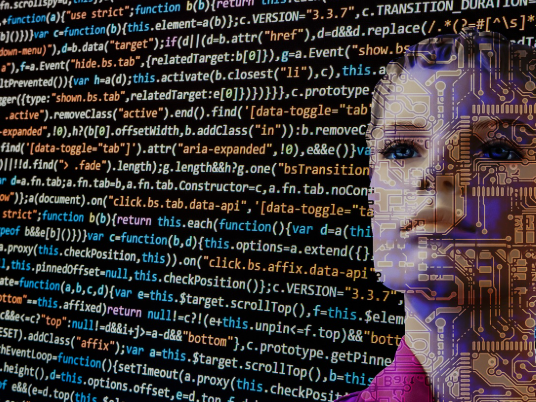
open ai
Artificial intelligence (AI) has transformed from mere fiction into reality that explains how we live, work, and converse. This transformation is on a global scale, with the key players in the forefront being Open AI. By way of innovations like ChatGPT, DALL·E, Codex, and GPT-4, Open AI has not only accelerated the advancement of machine learning technologies but also raised awareness about the ethical, social, and economic concerns involved with AI adoption across the globe.
This article analyzes how the rise of Open AI has shaped technology and society, the opportunities created by it, and the threats it faces as AI propels human existence.
The Origin and Mission of Open AI
By December 2015, Open AI was founded by Elon Musk, Sam Altman, Greg Brockman, Ilya Sutskever, and others; the purpose was to make sure that AGI benefits all of humanity, with safety and accessibility as its priority rather than corporate control.
The founders had considered Open AI to be a nonprofit research lab. Just like the tech mafia, they believed that the AI should not be owned by a select few, so they instituted a capped-profit approach that would ensure balancing funds from a profit perspective with funds meant for public benefit. The motto that makes Open AI different derives from an interest that straddles innovation with ethics into accessibility.
Landmark Innovations by Open AI
The organization saw its reputation soar with the creation of advanced AI models.
- GPT Series
The Generative Pre-trained Transformer (GPT) models are perhaps the most famous contributions by Open AI. From GPT-2’s human-like text to GPT-3 and GPT-4, Open AI has revolutionized industries from chatbots and virtual assistants to scientific research.
- ChatGPT
Launched in late 2022, ChatGPT became a household name almost overnight. It caught the imagination of millions as it conversed naturally, wrote essays, summarized research, and generated codes. Within two months, over 100 million people had used ChatGPT, making it one of the fastest apps to be downloaded ever.
- DALL·E
Another important revolution from Open AI comes with DALL·E, an AI system that creates an image from a text prompt. This made another path open in design, creativity, advertisement, and even education. Anyone, suddenly, could realize their imagination without professional design skills.
- Codex
Codex from Open AI powers GitHub Copilot, which helps programmers by suggesting both code snippets and solutions in real time. This aims to boost software development productivity while lowering coding barriers for beginners.
Together, these show that Open AI isn’t just making products—it’s transforming entire industries.

Open AI in Business and Economy
Felicitations! Trends suggest OpenAI interventions being adapted in various industries and sectors for productivity, cost reduction, and enhancement of customer experience.
- Customer Service: Chatbots powered by ChatGPT respond to inquiries promptly and reduce response time, which increases customer satisfaction.
- Healthcare: Medical practitioners and researchers use AI to analyze medical data to diagnose and suggest avenues for treatment.
- Education: Schools and universities use Open AI tools for personalizing teaching, developing interactive lesson plans, and assisting students worldwide.
- Finance: The banking sector uses AI for fraud alerting, investment insights, and automating the mundane amiss.
Analysts predict AI, driven by Open AI, could add trillions to the global economy in the next decade.
Ethical Challenges and Criticism
Long is the name of innovation and responsibility. When Open AI was away from the small ghetto of technologies, it faces a new level of scrutiny over ethical and societal concerns.
- Biases in AI Models: Inasmuch as AI is prepared on vast datasets, the model can reflect the biases existing in society and hence subjecting certain groups unfairly or to harm.
- Misinformation Risks: They either generate false news, deepfakes, or any misleading content capable of tarnishing a fair public opinion.
- Job Displacement: There are whispers that job loss will come with AI-run automation.
- Privacy Issues: Responsible use of AI would require a lot of safety measures to ensure that sensitive data are not misused.
Open AI recognizes these issues and has committed resources to safety research, transparent reporting, and alignment studies to make sure the technology remains for the good of humankind.
Open AI’s Global Influence
The reach of Open AI goes beyond Silicon Valley. Governments, universities, and companies across the world create localized solutions based on their research and models.
- Educational startups in India use Open AI-powered tools to enable access to personalized learning for rural students.
- Across the continent in Europe, businesses are running ChatGPT to pursue multilingual communication and language barriers.
- In Africa, AI helps small businesses to grow and organize access to digital tools that used to be denied.
In the spirit of democratizing access to advanced technology, Open AI is bridging the gap between developed and developing countries.
The Future of Open AI
In the future developments of Open AI, there lies both excitement and ambiguity into its future. The company continues the pursuit of AGI: systems capable of performing human-like tasks. While offering an array of breakthroughs in medicine, science, and education, there are concerns about its control, regulation, and safety. click here
Sam Altman, the CEO of Open AI, stresses cooperation among governments, businesses, and society to ensure that AGI benefits all. In the forthcoming decades, Open AI looks forward to advancing the performance of its models and establishing wide-ranging global partnerships. This will enable them to contribute further towards a lawful fabric of responsible AI governance across all jurisdictions.
Open AI is more than a technology company-it epitomizes how innovation can redefine human potential. From education to business to creative fronts, it has already left its imprint on the world. However, the success of the company will rest on its safe and wise use.
As we go deeper into the age of AI, Open AI will, by default, be the epicenter for conversations concerning ethics, opportunities, and the prospects for humanity. The history of the Institute reminds us that AI is not about machines; it is about people, progress, and the decisions we make together.



